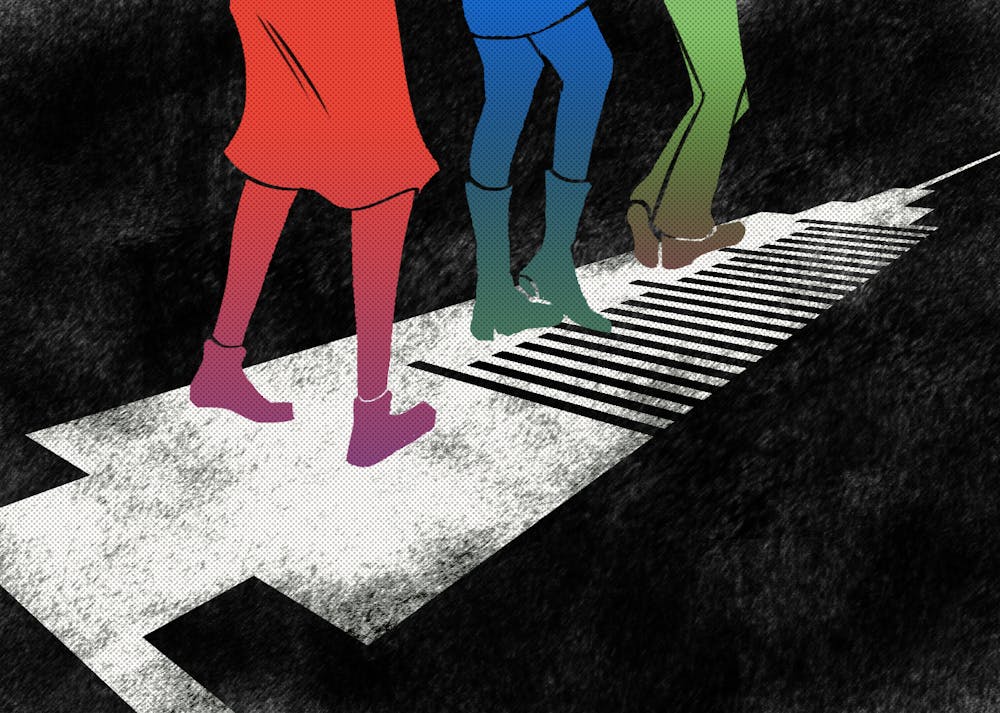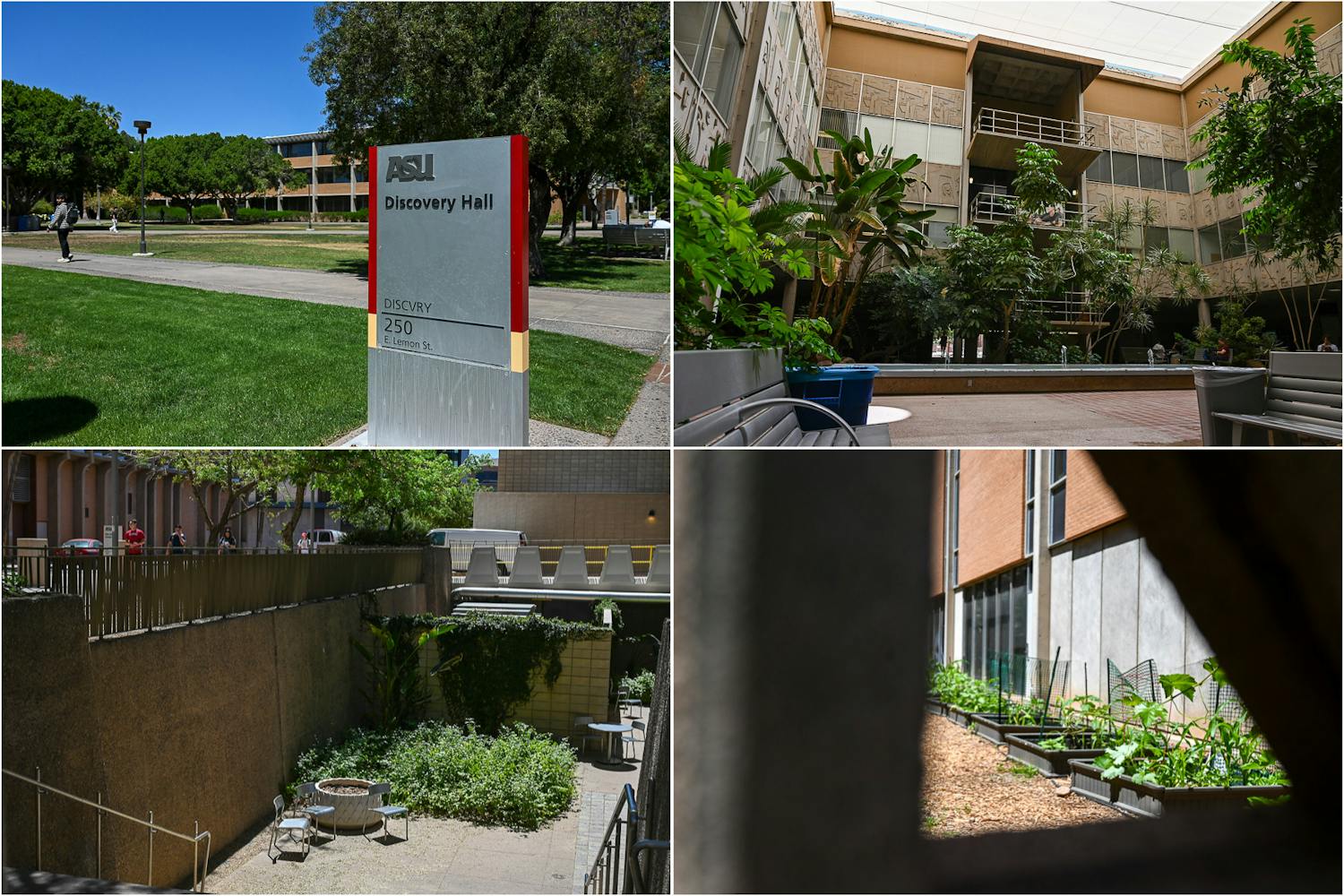ASU's on-campus students are eager to get vaccinated for COVID-19 as cases remain high in Arizona. College campuses have been sites of major COVID-19 outbreaks around the U.S. and cumulative cases at ASU have passed 6,000 since the beginning of the semester.
Many students have shifted to ASU Sync courses or iCourses, but some continue to live on campus and attend in-person classes. Among these students, many are excited for a chance to get vaccinated.
Vaccines are being rolled out across the county in five phases: 1A, 1B, 1C, 2 and 3. The phases focus on prioritizing high-risk populations such as medical workers and older adults.
According to the Maricopa County website, vaccine scheduling is now open to prioritized groups in Phase 1B for the county. Eligible populations include adults aged 75 and older, K-12 school staff and childcare workers, and law enforcement. As the phases progress, anyone who qualified for but was not vaccinated during a previous phase will also be prioritized.
Most ASU students will become eligible once the vaccine becomes available to the general population in Phase 2, but some have already secured their vaccine.
Matthew Kling, a senior studying economics and supply chain management at the W.P. Carey School of Business, said he was able to get his first dose of the vaccine but is unsure when he will be eligible for the second. He qualified for the vaccine because he is considered an essential worker in his jobs at the University and as a supply chain professional.
“I get emails from the Arizona Department of Health and they told me to sign up and I tried to sign up and there’s no appointments for like three months out,” Kling said.
Kling said he chose to attend in-person classes this semester because he's "a terrible self-studier."
Kling said he didn't experience any immediate reactions to the vaccine, but felt some pain and fatigue for the following few days.
"It felt like I ran 10 miles the day before," Kling said.
Jeremy Millman, a junior studying chemical engineering, said he knows at least 20 people who got COVID-19.
“I would say in certain friend groups and communities on campus, it’s a lot more widespread than others because there are definitely people being much less careful,” Millman said.
Millman said he believes he contracted the virus over winter break and still has concerns regarding the spread of the virus on ASU campuses.
“A lot of people don’t wear masks, don’t really bother social distancing,” Millman said. “There are still parties that I’ll see on people’s Snapchat stories at ASU with like over 100 people there.”
Millman said he will likely get the vaccine when he becomes eligible.
Vaughan Jones, a senior studying sports journalism at the Walter Cronkite School of Journalism and Mass Communication, said he believes he contracted COVID-19 while he was living off campus around March or April last year.
"It kind of knocked me on my tail," Jones said. "It was two straight weeks of just constantly taking hot showers and cold medication and sleeping for 16 hours and being awake for eight."
Jones said after getting sick, he became "infinitely more careful."
"I wore a mask in public before it was even mandated, that kind of thing," Jones said. "But (getting coronavirus is) something that sometimes is unavoidable."
Although some worry about the speed at which the vaccines were developed, Stephen Albert Johnston, director of the Center for Innovations in Medicine at the Biodesign Institute and a professor in the School of Life Sciences, said technology behind RNA-based vaccines has been developing for decades.
He said his research in the 1980s found that genetic material could be injected into animals to produce an immune response that paved the way for the mRNA vaccines developed today.
According to the Centers for Disease Control and Prevention, mRNA vaccines contain material from the virus that teaches our cells to make a harmless protein unique to the virus. Our bodies recognize the foreign protein and build new cells that remember how to fight the virus.
Johnston said there are bound to be side effects, however, “it’s undoubtedly clear that vaccines have been the best medical invention in saving human health that we’ve ever had.”
Reach the reporter at jageenen@asu.edu and follow @joshgeenen on Twitter.
Like The State Press on Facebook and follow @statepress on Twitter.
Continue supporting student journalism and donate to The State Press today.




